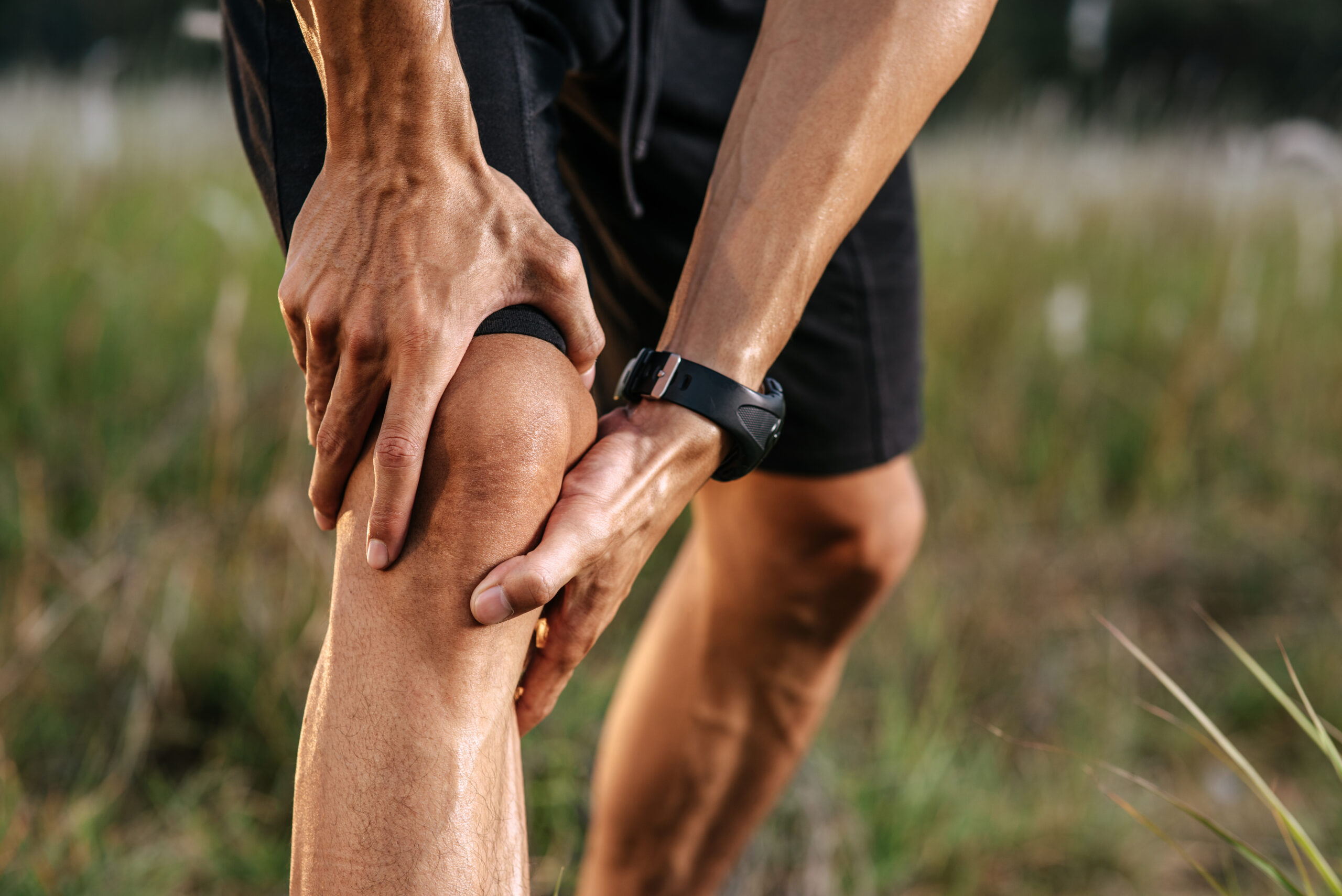Timings
Evercare Hospital Lahore
- Monday - Thursday (11 am - 01 pm)(07 pm - 09 pm)
- Friday (02 pm - 05 pm)(07 pm - 09 pm)
- Saturday (04 pm - 06 pm)
Contact Info
- Phone: 03060603646
- Whatsapp: 03060603646
- Email: Info@drwaqasjavedorthopedics.com
Sports Injuries of the Knee

Sports Injuries of the Knee: Overview and Common Types
Knee injuries are a significant concern, especially for athletes, as they account for over 40% of all sports injuries. The knee, being the largest and one of the most easily injured joints in the body, is susceptible to various injuries including sprains, ligament tears (such as ACL and PCL injuries), fractures, dislocations, meniscal tears, and tendon tears.
Symptoms and Impact of Knee Injuries
Common signs of knee injury include pain, swelling, and the knee catching or locking. Injuries like ACL tears can cause instability, giving the feeling that the knee is giving way. These injuries can vary in severity and impact, with some requiring extensive treatment and rehabilitation.
Treating Acute and Chronic Knee Injuries
Treatment for knee injuries varies depending on the type and severity. Acute injuries might be managed with the RICE protocol (Rest, Ice, Compression, Elevation) and over-the-counter pain medications. However, more severe injuries often require immobilization, physical therapy, prescription medications, and sometimes surgery. Procedures like arthroscopy are common for treating ligament tears and meniscal injuries.
MPFL Reconstruction and Other Surgical Solutions
For specific injuries like dislocations or repeated ligament injuries, surgeries such as MPFL reconstruction may be necessary. These surgeries aim to stabilize the knee and repair damaged structures, often using grafts from the patient’s body or donor tissue.
Recovery and Rehabilitation
Recovery from knee injuries, especially after surgery, is crucial and requires careful management. It involves resting the knee, gradually increasing activity levels, and engaging in physical therapy. Specific exercises like stationary cycling, swimming, and low-intensity bodyweight exercises can aid in recovery. However, activities like running on hard surfaces or improper exercise techniques can be detrimental and slow down the recovery process.
Preventive Measures and Management
Prevention of knee injuries includes maintaining strength in the leg and hip muscles and avoiding movements that could trigger dislocations or injuries. For athletes, it’s essential to follow a well-structured training and stretching regimen and to ease back into sports gradually after an injury.

Conditions I Treat

- Knee Injuries
- Orthopedic Infections
- PCL Injuries
- Multi-ligament Injuries
- Joint Replacement
- Kneecap Dislocations
- Knee Replacement
- Sport Injuries of Knee
- Lower Limb Fractures
- Hip Injuries
- Hip Replacement
- Back Pain
- Shoulder, Elbow, Wrist
- Upper Limb Fractures
- Neck Pain